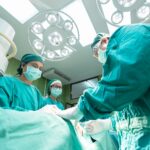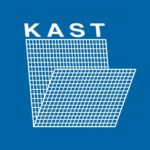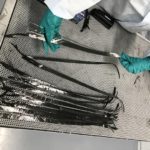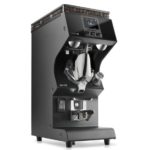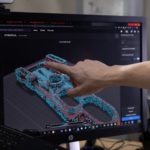Petronas Technology Ventures had signed a licensing agreement with Australia-based Cooperative Research Centre for Advanced Composite Structures (CRC-ACS) and its wholly-owned subsidiary Advanced Composite Structures Australia Pty Ltd (ACS Australia) in Kuala Lumpur on Wednesday to commercialise the system, ProAssure Clamp.
Under the arrangement, the ProAssure Clamp will be manufactured and marketed worldwide by ACS Australia, a rotor blade and composite structure repair firm. According to Petronas, the ProAssure Clamp is a cost-effective composite repair solution for preventing or arresting leaks in pipelines.
Petronas Technology Ventures chairman Zakaria Kasah said the advanced composite solution gave Petronas the opportunity to execute a safe and cost effective leak repair at its facilities.
‘In addition, the ProAssure Clamp is customisable and this provides more benefits in terms of cost as it enables leak repair to be performed without a costly shutdown,’ he noted.
Petronas said the advanced composite solution was lightweight and resistant to corrosion and could be customised for odd geometries.
‘The overall production cost is lower due to reduced fabrication time in comparison to its metal counterpart. In addition, composites are also more fatigue resistant and customisable, which can be especially beneficial for extreme operating conditions,’ he said.
CRC-ACS chief executive officer, Prof Murray Scott, said these clamps would be engineered to meet specialised customer requirements by CRC-ACS spin-out company, ACS Australia.
‘It is our intention for ACS Australia to work with Petronas and other Malaysian companies to make the ProAssure Clamps available to the industry,’ he said.
The composite clamp system has been independently tested by a third party to meet oil and gas industry standards which include ISO, ISO/TS and ASME certified by Lloyd’s Register. In addition, the ProAssure Clamp was successfully piloted at Petronas’ facility in Kertih. Terengganu.
CRC-ACS is funded by industry partners and Australian Government subsidy under the Cooperative Research Centre program whose purpose was to pursue common outcomes for the advancement of composites technology in Australia and around the world.




